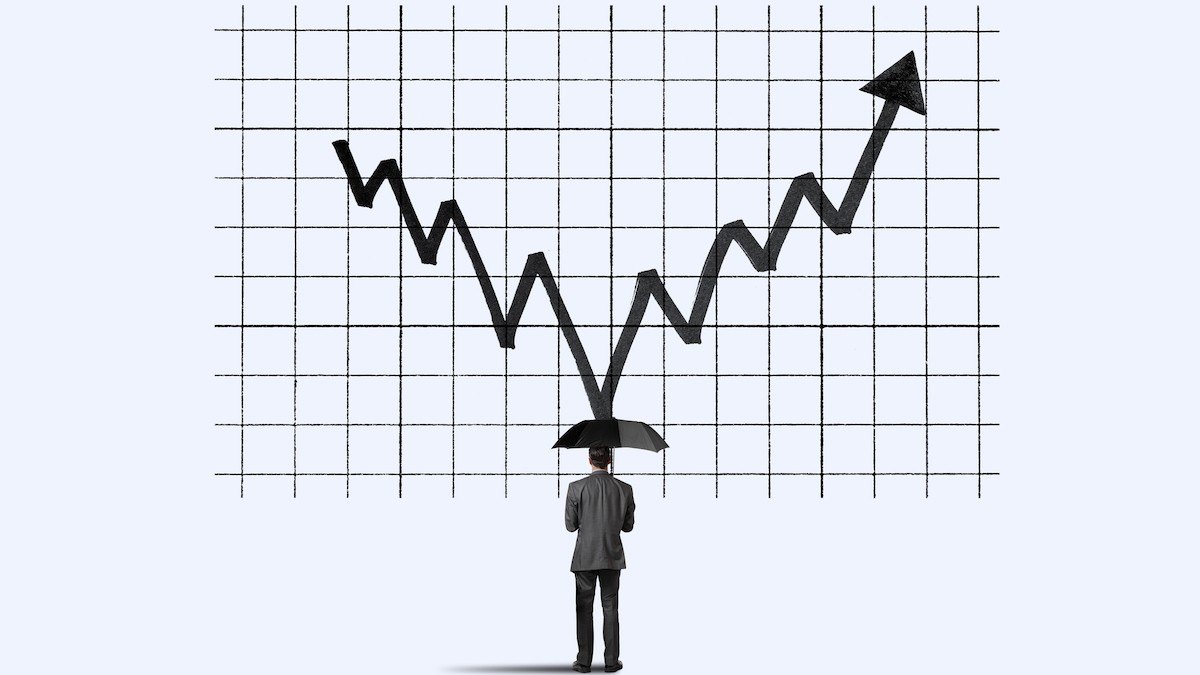Consumer Price Index Rose 0.2% in August—This Is What It Means for Housing


Getty Images
Consumer prices rose by 0.2% in August on a seasonally adjusted basis and were up 2.5% year over year, according to the latest consumer price index report released on Wednesday.
That’s the lowest increase since March 2021 and is down from July (2.9%), June (3.0%), May (3.3%), and April and March (3.4%) readings.
The CPI is generally a good indication of consumer purchasing power. As inflation increases, so does the CPI, which can influence the Federal Reserve, which next meets on Sept. 18, to decide on whether to make interest rate cuts.
The CPI is “one of the last major data checkpoints on the road to the Fed’s meeting and decision in September,” says Realtor.com Chief Economist Danielle Hale. “It will hold vital clues about the likely size of the Fed’s cut in September, which is widely believed to be a given at this point. Coming just a week before the Fed meeting concludes, CPI inflation is also likely to be one of the last major inputs in the forecasts that Federal Open Market Committee members will share during the September meeting.”
A recent Reuters poll of economists found that despite a relatively soft jobs market, most expect a reduction of 25 basis points, or .25%, though some early bets were on a 50 basis points (.5%) decrease.
How the consumer price index affects housing costs
The CPI has a knock-on effect on the cost of building materials, labor, and maintenance, directly influencing the cost of new-home construction and the renovation and maintenance of existing properties. Homeowners putting off necessary property maintenance or updates because of rising costs might sacrifice property values down the road.
Housing purchases have significantly slowed as buyers have put purchases on hold in anticipation of lower interest rates. Meanwhile, the number of homes for sale has increased year over year by more than 35%. The total number of unsold homes increased by 20.9% from August 2023, and many sellers—around 19.3%—have resorted to price slashes to compete.
But while home prices have decreased 1.3% since last year, the price per square foot grew by 2.3% year over year.
With 30-year interest rates hovering around 6.942%, the Fed’s anticipated rate cut might offer some reprieve for the market.
“The market will anticipate the Fed’s reaction, and we’re likely to see lower mortgage rates even before the Fed moves,” says Hale. “This mortgage rate relief is coming a bit too late in the year to salvage the 2024 homebuying season, but flexible buyers could be poised to benefit.”
“The fall market is the best time to buy for homebuyers who can take advantage of generally lower competition and prices, and will have the added boost of extra purchasing power this year as mortgage rates fall,” says Hale. “While lower mortgage rates could help draw in some additional buyers, ample inventory should help to absorb the boost in demand, and the usual seasonal slowdown is likely to keep a top on competitiveness.”
Homebuyers looking to get ahead of a possible influx of competition in the market should take advantage of strategies to lower mortgage rates that don’t depend on the Fed or inflation, advises Hale.
Buyers can work on improving their credit score, dropping debt or growing income to improve their debt-to-income ratio, and consider making a larger down payment. No matter what, Hale recommends that buyers always shop around among lenders to get the best deal.
Categories
Recent Posts











"My job is to find and attract mastery-based agents to the office, protect the culture, and make sure everyone is happy! "
1637 Racetrack Rd # 100, Johns, FL, 32259, United States
